find your perfect postgrad program
Search our Database of 30,000 Courses
Everything You Need To Know About Your Research Project
For many postgraduate students, the RESEARCH PROJECT is the quintessential part of their course and the basis of their dissertation/thesis. The project is not only integral in passing the course but also serves as the final test of students’ capability to work independently and think critically.
Because postgraduate research projects bear such high importance, we have compiled the most important information that you as a prospective postgraduate student need to know about starting your first research project.
Find your PERFECT POSTGRADUATE PROGRAM1. WHEN should I start planning my research project?
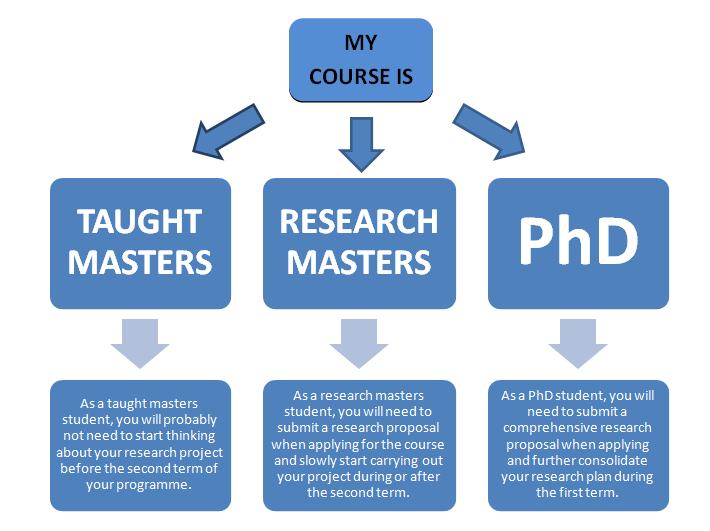
2. What FREEDOM will I have in choosing my research topic?
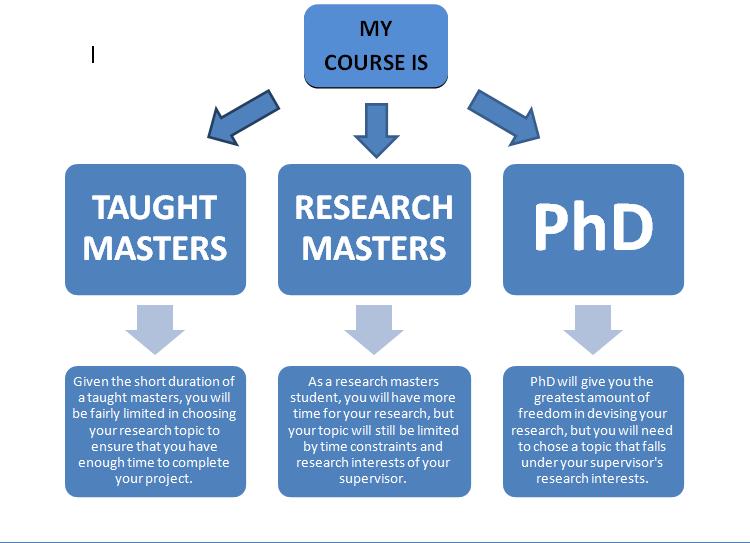
3. HOW do I choose an appropriate research topic?
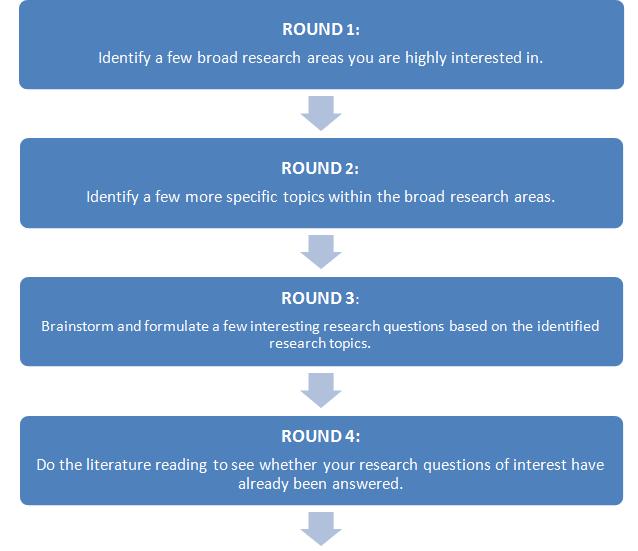
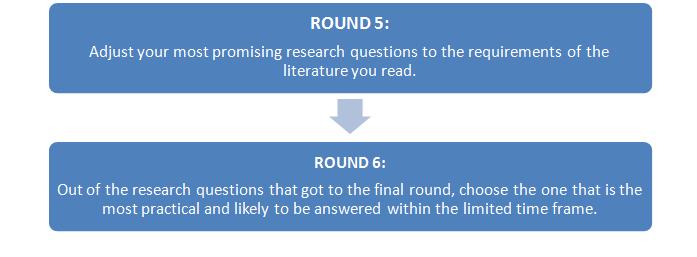
4. WHAT should my research proposal contain?
As a masters student, your research proposal will need to be brief and contain only essential information. It will usually be between 500 and 1,000 words long. In contrast, PhD proposals are longer, between 1,000 and 2,500 words, and contain more comprehensive information. However, regardless of whether you are writing a masters or a PhD research proposal, it will need to cover the same key points:
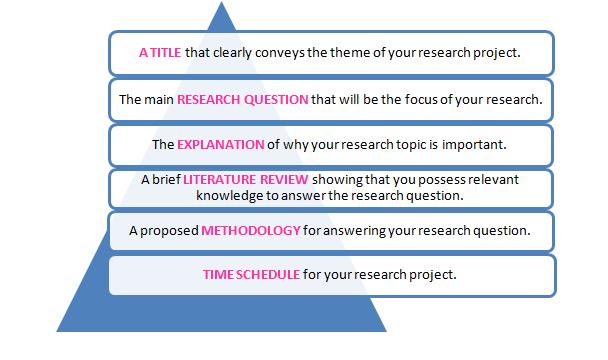
5. What are the QUALITIES of a good research proposal?
A. It should be clearly written, well-structured, and presumably follow the chronology described under the previous section.
B. Your research project must be achievable and realistic rather than too ambitious. This means that you need to pay attention to time constraints, support all your statements by relevant literature, and show that you can think coherently about your subject.
C. Your research topic needs to ‘fill in’ some of the existing gaps encountered within the relevant literature.
D. If you are applying for a PhD under a specific supervisor, you need to show that you are familiar with his/her work and that you understand how it relates to your research topic.
E. If you are applying for funding, you need to make sure that your proposal clearly explains why your research is both relevant to the “real world” and to your research field, and you need to give convincing reasons for what makes your research idea outstanding.
F. Your research proposal must be driven by the curiosity to expand the knowledge about your research field rather than by choosing a research question just because you know that it can be easily answered and earn you the degree.
6. What will the CYCLE of my research project look like?
Once that your research proposal has been approved you will need to start your actual research project. Each research project is unique and different people have different ways of carrying out their research. However, there are some basic stages which may be relevant to all the research projects and we have compiled these stages to show you what a typical research cycle looks like:
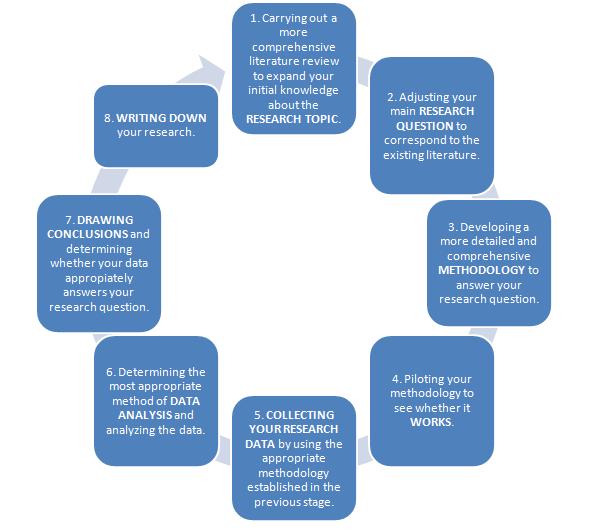
7. Is it better to START writing the dissertation/thesis after my research has been completed or to write it in small sections?
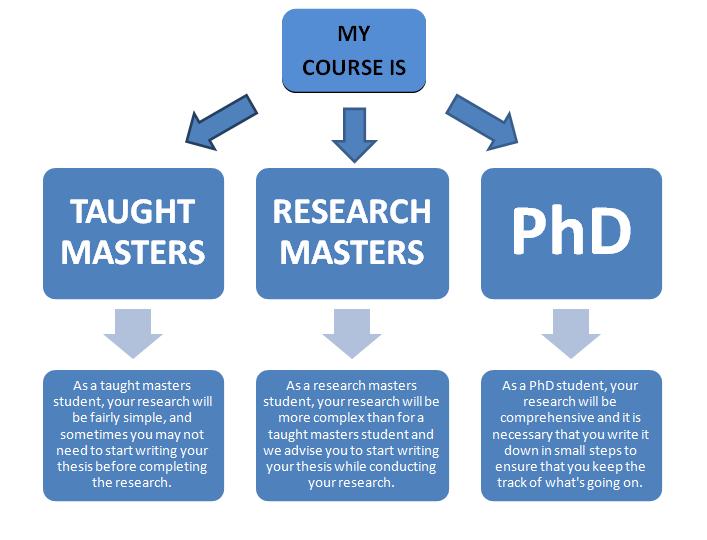
8. KEY POINTS
• A research project is at the core of many postgraduate courses. For PhD and research masters students it is the most important element of their course, whereas for taught masters students it is relatively less important but still highly relevant.
• Postgraduate research projects are usually written up in the form of a dissertation/thesis.
• Taught masters students usually need to start thinking about their research project during or after the second term of their studies, whereas research masters and PhD students need to know their research project in advance and describe it in a research proposal when applying for the course.
• The initial step in any research project is to choose the appropriate research topic. The most important factors to consider when choosing the research topic is whether it is personally inspiring for the student, whether it will contribute to existing literature in the field, and whether it is practical enough to be investigated within the specific time limit.
• PhD students usually have higher freedom in choosing their research topic because their course lasts for 3-4 years and they have the necessary knowledge to tackle more complex research issues. However, their choice is limited by their supervisor’s research interests and they need to undertake a project that can be completed within the duration of their course. In contrast, taught and research masters students are more limited in choosing their research topic because the duration of their course is shorter and their knowledge is still not developed enough to tackle more complex research issues.
• Once the appropriate research topic has been chosen, the student uses it to formulate the research proposal. Taught masters students usually need to submit their research proposal after the start of their course, whereas research masters and PhD students need to submit it while applying for the course. PhD research proposals are usually more comprehensive and 1,000-2,500 words long, whereas masters research proposals are simpler and 500-1,000 words long.
• Each research proposal should contain a title, the main research question, the explanation of why the topic studied is relevant, literature review, methodology, and time schedule.
• Good research proposals should have a clear structure and be adjusted to the time constraints of the course undertaken and to the research interests of the course supervisor.
• Once a research proposal has been approved, the student needs to start carrying out the actual research project. This process usually consists of a few stages: conducting a more comprehensive literature review, reconsidering the research question, devising a more detailed methodology and testing it to see whether it works, collecting research data and analysing it, drawing conclusions based on the data analysis, and describing the research in the dissertation/thesis.• Because PhD research projects are long and comprehensive, it is necessary that PhD students write their thesis in small steps to ensure that they keep track of what's going on in their research. Research masters students are also advised to write their thesis in two or three phases to break their research into smaller units that are easier to describe. Although research projects of taught master’s students are relatively less complex, and writing the thesis before the research has ended may sometimes not be necessary, it is always better to be early than to be late!
Find your PERFECT POSTGRAD PROGRAMRelated Articles
Top Tips When Writing Your Dissertation
How To Survive Your Masters Dissertation
Postgrads - Thinking About Your Thesis
Top Tips And Tools For Easy Postgraduate Research

